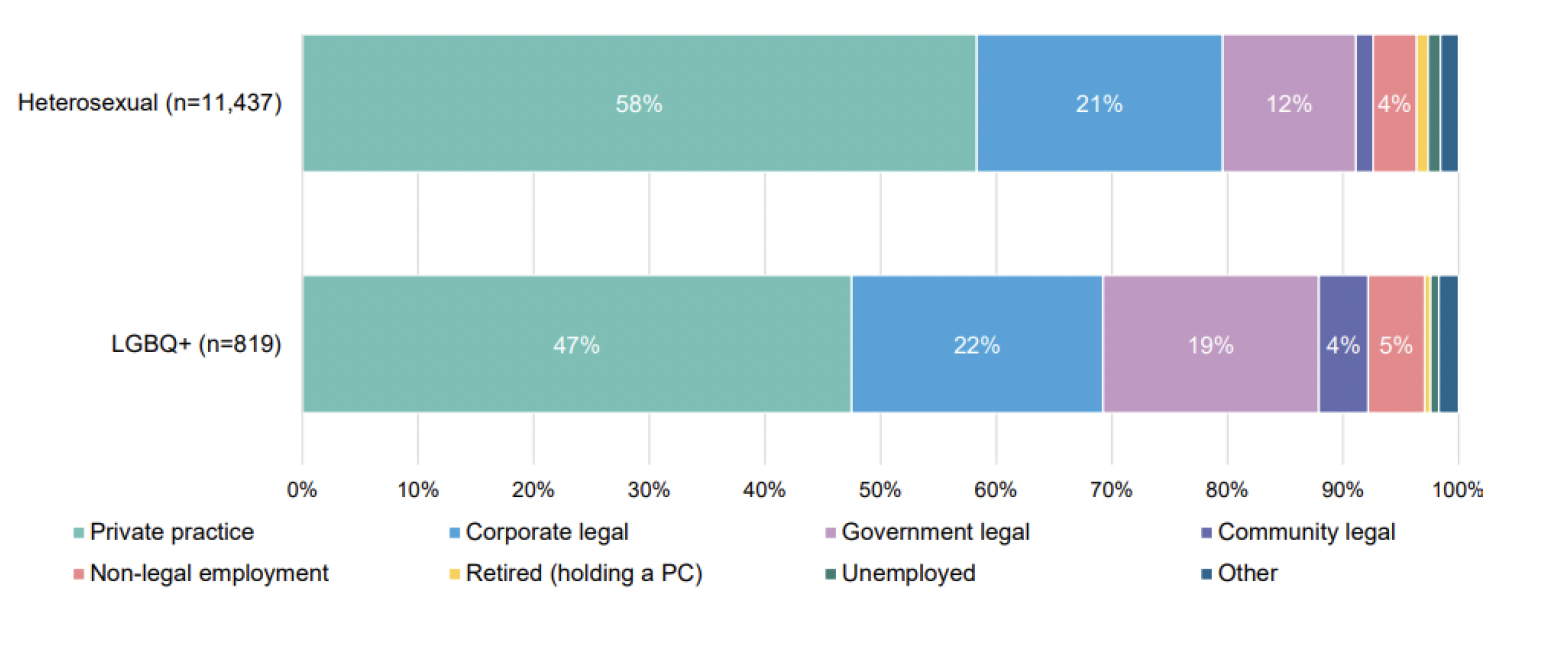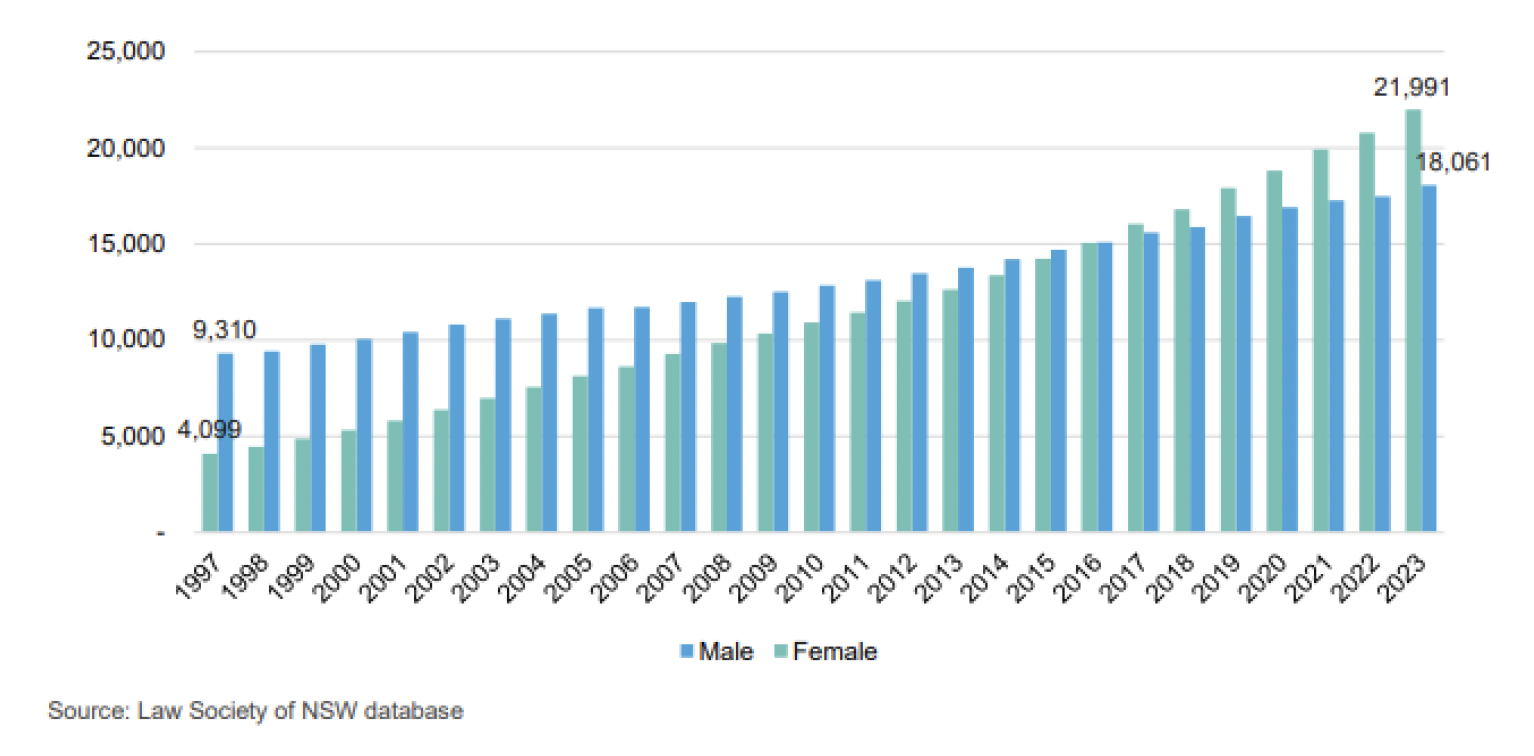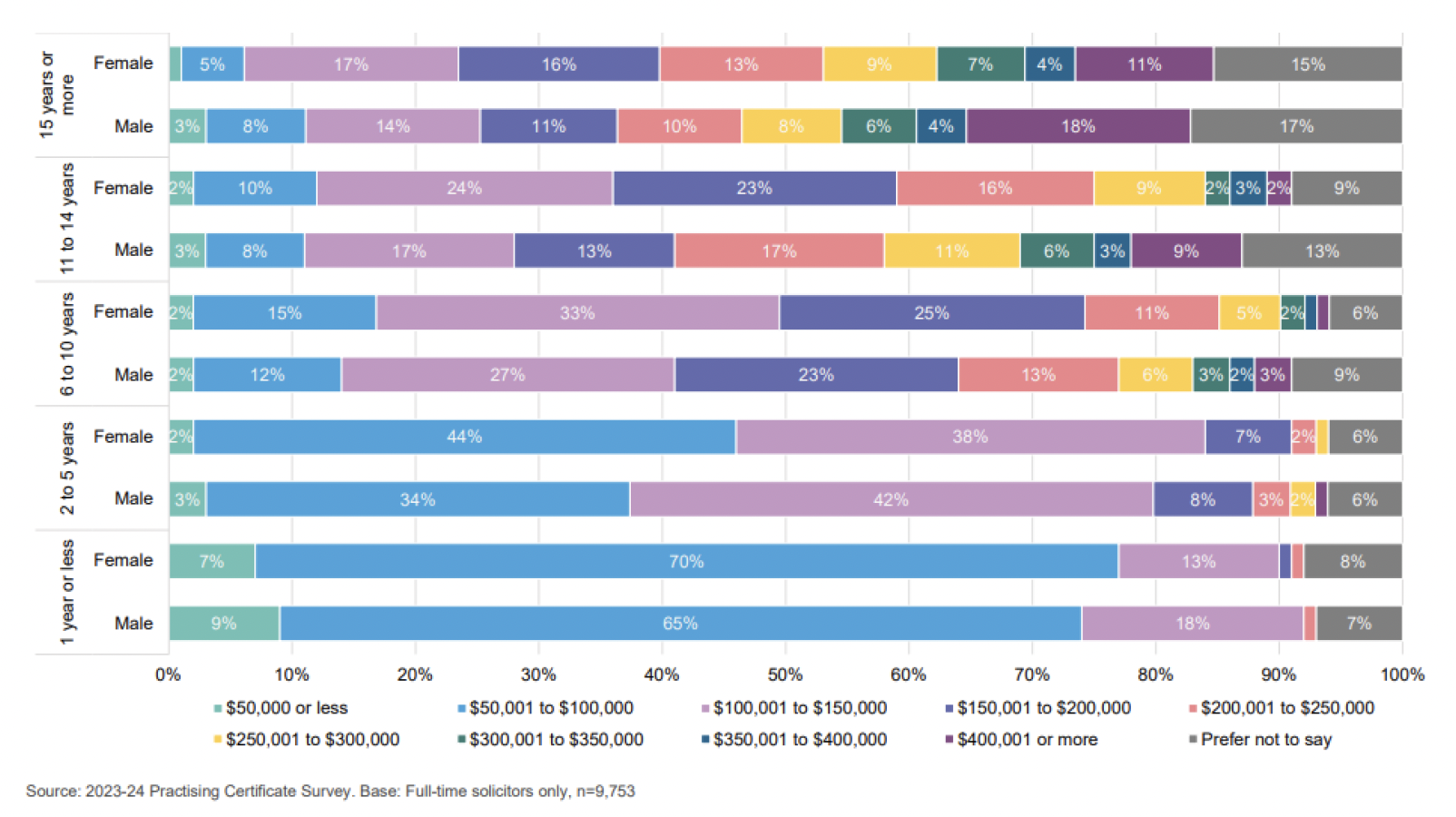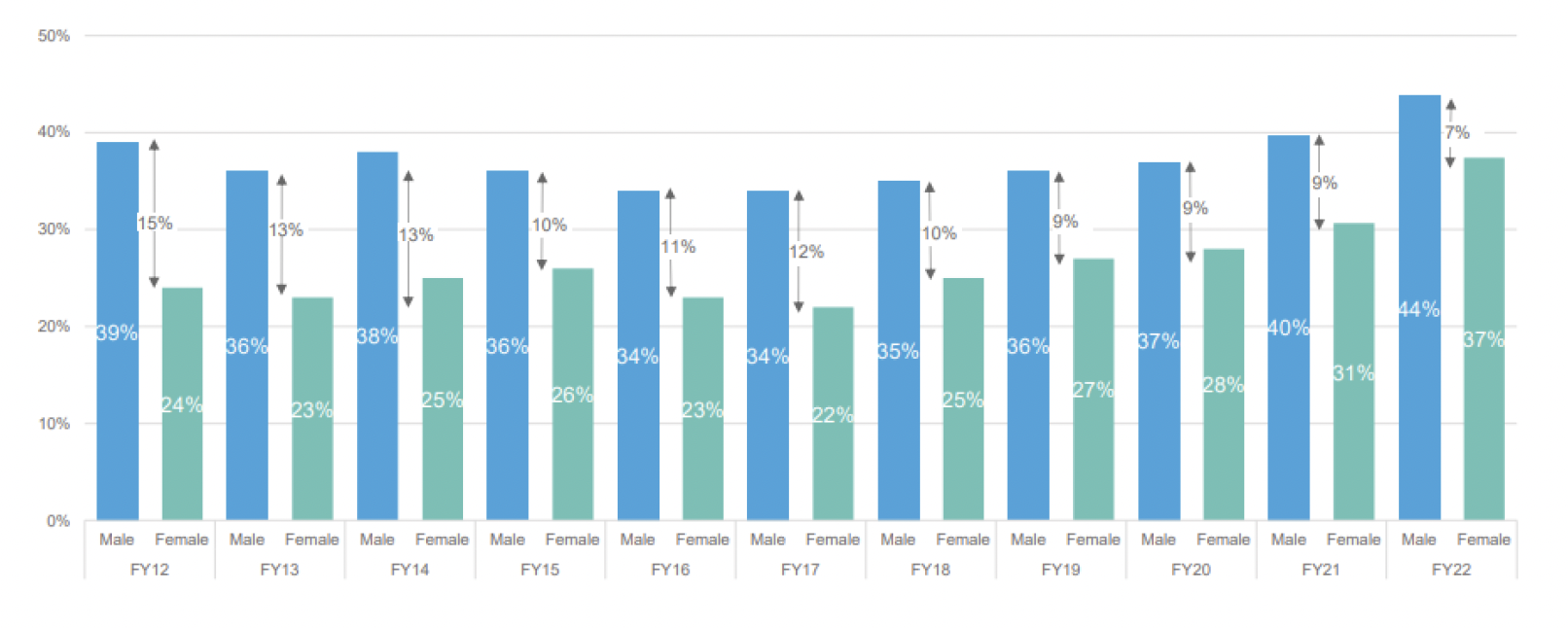1,000 days a week – More NSW solicitors commit to pro bono
Breadcrumb
- Home
- Publications and resources
- 1000 days week more nsw solicitors commit pro bono
More NSW solicitors are providing increased hours of pro bono legal services according to the latest comprehensive report on the state’s profession.
President of the Law Society of NSW Brett McGrath said the data published today in the 2023 Annual Profile of Solicitors NSW demonstrates the legal profession’s dedication to enabling access to justice for those who can least afford it.
“I’m pleased but not surprised at the growth in the proportion of solicitors providing pro bono legal services. This work is in the finest traditions of the legal profession. These results reinforce my choice to highlight ‘lawyers’ service to their communities’ as one of my President’s Priorities for 2024,” Mr McGrath said.
“Of almost 13,600 solicitors who completed the 2023 Law Society’s Practising Certificate survey, 42 percent said they’d performed pro bono work in the previous financial year, a second successive two percent rise. On average they provided 69 hours of pro bono service in the year, up four hours and close to double the annual target of 35 hours.”
Mr McGrath said the reported total hours, equalling almost 52,000 working days in the 2022-23 financial year, significantly understates the pro-bono commitment of the whole NSW profession.
“At an assumed $300 per hour (slightly less than the rate the NSW Government allows for external legal advice from solicitors), these practitioners delivered $117 million worth of pro bono work. However, these results can’t capture the unpaid legal work of the two thirds of the profession that didn’t complete the voluntary survey,” Mr McGrath said.
“I’m convinced that more and more solicitors are seeing pro bono work as a core value of their professional lives. This is evidenced by a surge of more than a hundred new firms that have signed up to the Law Society’s Pro Bono Scheme since the beginning of this year.”
The Pro Bono Scheme can arrange access to advice and representation for eligible clients on a wide range of matters, including family law, criminal law, wills and estates, and immigration.
In addition to the voluntary survey, the 2023 Profile, compiled by consulting firm Urbis, reports data captured last October from the Law Society’s database of solicitors, which then numbered 40,052.
Mr McGrath said he’s encouraged at the further positive progress shown in this Profile around the gender pay gap and career expectations for women in the profession.
“For three years the gap between women and men earning over $150,000 a year has remained at a stubborn nine percent. That pay gap has now halved over the last decade to seven percent. There has been an 11 percent increase over ten years in the number of women who are principals or partners in private practice.” Mr McGrath said.
“The figures demonstrate that the Law Society’s leadership on these issues is bearing fruit, through its Charter for the Advancement of Women and its guidance for the profession on equitable remuneration.”
For the past five years, women have entered the profession at two and a half times the rate of men. This is the eighth Profile since the solicitor profession became gender balanced in 2016, with the most recent data showing women making up 55 percent of the profession.
Mr McGrath welcomed inclusion in the report, data on practitioners identifying as LGBQ+, and those who live with disability, long-term illness or mental health conditions.
“As one of very few openly gay men to have held the office of President of the Law Society, I’m heartened by the potential of this data to drive greater acceptance of LGBQ+ solicitors in law firms and other legal workplaces,” Mr McGrath said.
“It’s a source of pride that this is the first time such data has been included in a report of this type by any membership or regulatory body for the solicitor profession in Australia.”
The Chair of Pride in Law Dean Clifford-Jones said the importance to the LGBQ+ community of including data on sexual orientation could not be overstated.
“Pride in Law congratulates the Law Society of New South Wales for leading the way with the inclusion of this data within the legal profession. These statistics will assist in advancing greater inclusion for the LGBQ+ community in NSW,” Mr Clifford said.
“The proportion of solicitors identifying as LGBQ+ is lower than in the general population, but a significant number (ten percent) ticked ‘prefer not to say’. Increasing acceptance of LGBQ+ people within the legal profession may, over time, lead to more people positively identifying as part of that community.”
The Profile shows that three percent of the profession identifies as living with a disability, four percent with a long-term illness and five percent with a mental health condition.
“Successive Presidents of the Law Society, including me, have prioritised the wellbeing of the profession during their terms, leading to significant improvements in wellbeing initiatives for solicitors,” Mr McGrath said.
“A key contributor to lawyers’ wellbeing is being better able to manage a demanding career with a culture of long hours. It’s pleasing that this year’s profile shows that in all practice sectors (private, government and corporate) fewer full-time solicitors were working for more than 50 hours a week.”
Mr McGrath observed that the 2023 Annual Profile of Solicitors is more than a mere collation of numbers.
“This publication paints a complex but illuminating picture of the state’s solicitor profession, providing leaders in law firms and other legal workplaces with information that can drive positive change and growth,” Mr McGrath said.
A snapshot of the profession and highlights of the Profile are reproduced below.
2023 ANNUAL PROFILE OF SOLICITORS |
Snapshot as at October 2023:
|
|||||||||||||
|
|
||||||||||||
|
|
||||||||||||
|
*Exercise caution due to small sample size n=68 |
|||||||||||||
|
Year on year growth in private law practices |
0.35% (now 7,320) |
New data category - Sexual orientation |
|
Sexual orientation |
|||
|
Heterosexual: 84% |
LGBTQ+ identified: 6% |
Prefer not to say: 10% |
|
Sexual orientation and practice sectors:

New data category - Disability and illnesses |
|
Disability/long-term illness/mental health condition: 11% |
|||
|
Of those:
|
|||
Gender pay gap |
|
Solicitors reporting gross income over $150,000 by gender FY12 to FY22 |
|||
|
|
|||
Cultural diversity
Born overseas 31% (of those, 42% born in Asia, 13% in UK or Republic of Ireland) (stable)
Concentration in larger firms
Private practices with more than 40 principals make up 0.2% of all NSW practices but employ 26% of NSW solicitors. (stable)
Number of male and female solicitors over time:

Income by gender and years since admission across practice sectors:



